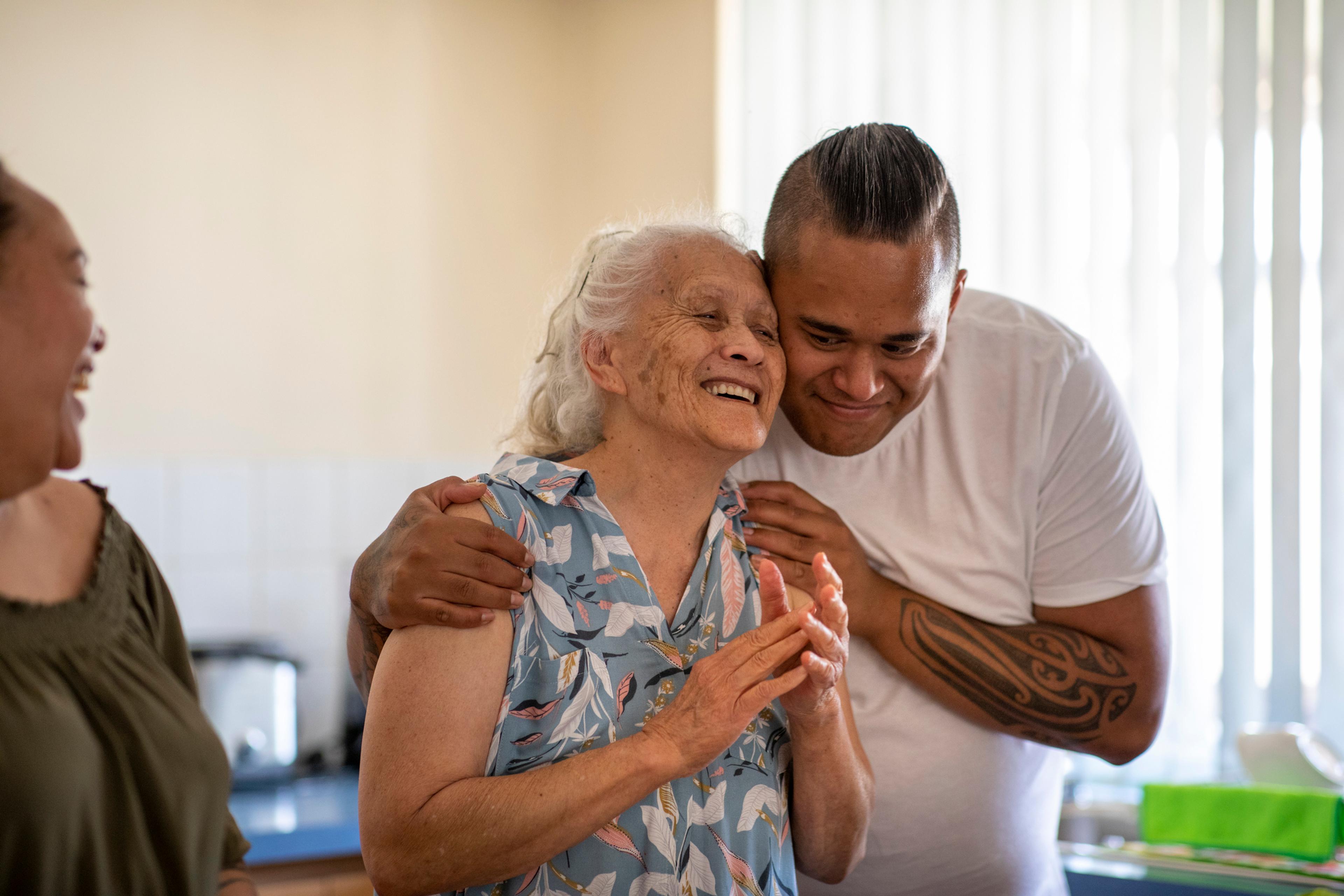How to Help Aging Parents Deal With Chronic Diseases

Blues Perspectives
| 3 min read

The emotional strain people experience when dealing with a chronic illness can be overwhelming — and it’s something most older Americans will go through at one point or another.
According to The National Council on Aging, about 95% of older adults have at least one chronic condition and 80% have at least two. Some of the most common chronic conditions that older Americans deal with are:
- Arthritis
- Dementia
- Glaucoma
- Cataracts
- Alzheimer’s disease
- Macular degeneration
- Depression
- Coronary heart disease
- Diabetes
People with the above conditions and diseases may feel like they’ve lost control, freedom and independence — all emotions that can dramatically impact their lives. Chronic illnesses can affect old adults physically (it decreases their energy and mobility while increasing their fall risk) and mentally (it makes it tough to socialize and maintain relationship as they’ve done in the past). If you have a parent who is going through this, it can be hard to figure out how to help them.
But there are several ways you can play an active role in managing your parent’s chronic illness, helping them with their own self–management and giving them a better quality of life:
- Take steps in educating yourself about their illness. Becoming aware of the disease will help you know what type of medications are suitable for your parents and possible side effects that may occur.
- Develop an emergency care plan to assist you in the case of an accident. Ask your local fire department for advice about installing smoke detectors and evacuation techniques. Being prepared for any circumstance will leave you and your parent more confident.
- Encourage them to pursue a hobby or an activity. Having the parent become involved in a new activity can provide opportunities to meet new people with similar interest and keep their body and mind sharp.
- If your parent has reduced mobility as a result of the illness, rearrange the furniture to give plenty of room to walk around freely and keeping the environment uncluttered. In addition, remove any loose rugs that may be a hazard to your parent.
- Seek counseling services to help the parent open up about the struggles they may be facing and learn about new coping techniques that may be available for them.
Older adults can experience many challenges when dealing with chronic illness. Being able to offer guidance and empathy and coordinate regular medical care can help provide the support they need to feel better and improve their lives. For more information on chronic conditions, you may want to read:
- Michigan’s Free Clinics Help Uninsured Manage Chronic Illness and Improve Health
- Why Chronic Conditions Matter To Everyone in Michigan
- Having a Chronic Condition? You Might Benefit From Blue Cross Blue Shield of Michigan’s Chronic Condition Management Program
Photo credit: Getty Images





